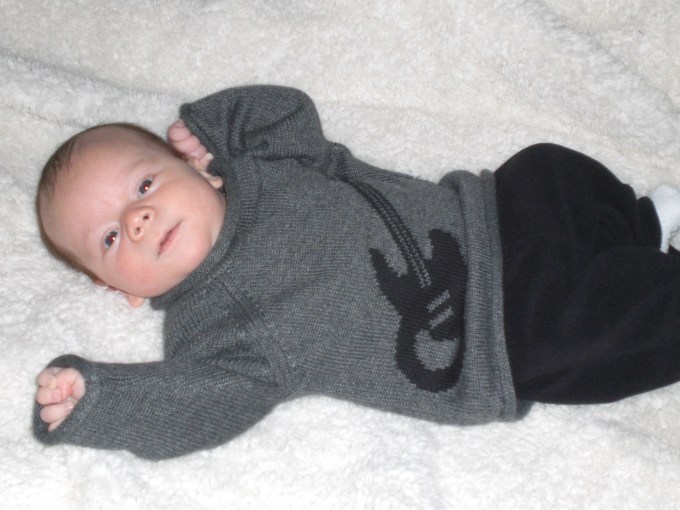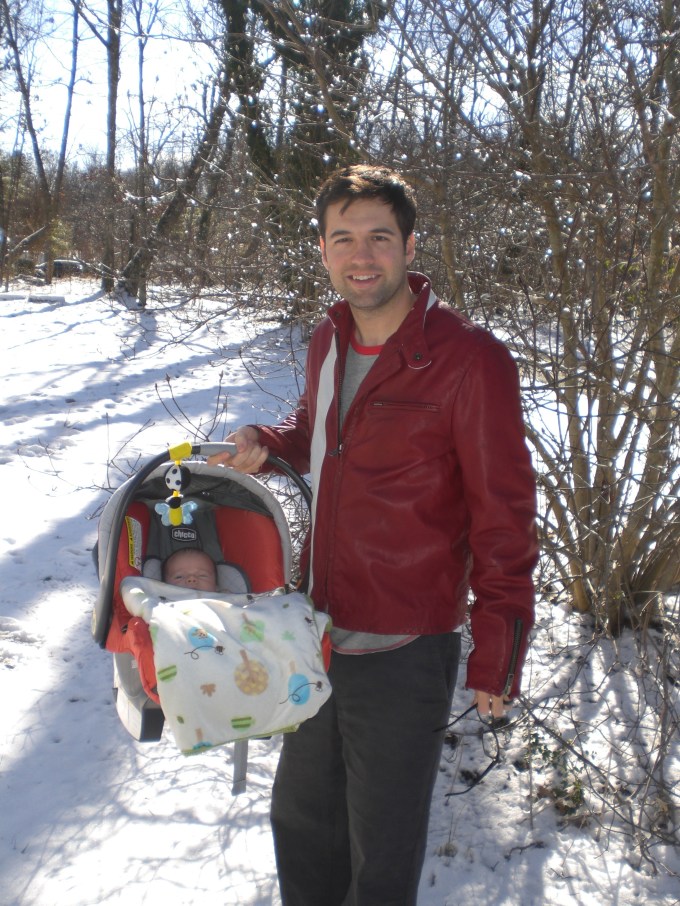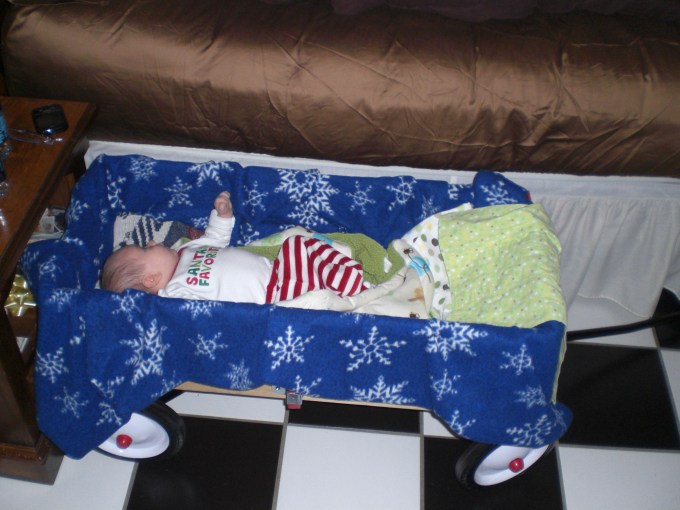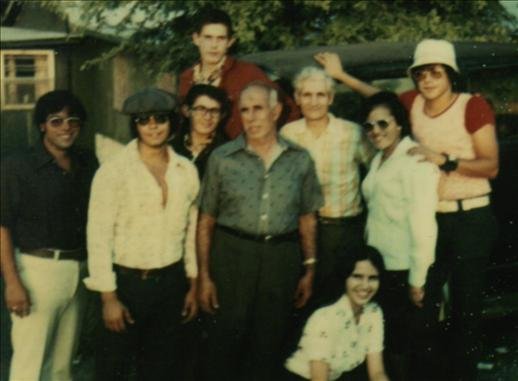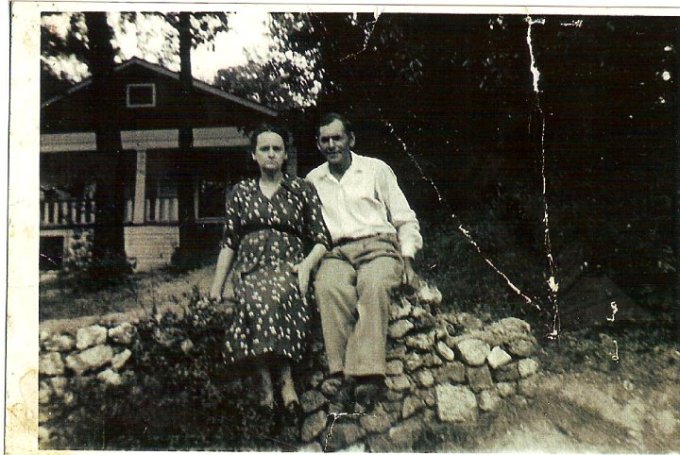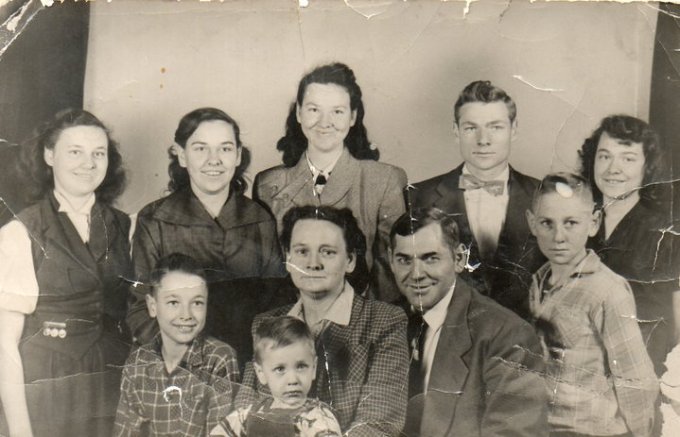It’s never been cooler to live a simple yet authentic life. Let me introduce you to the new American Dream.
*New words I made up for this post, which you will want to become familiar with:
Farmers’ Marketing noun: Not the actual gathering of a community in a central location in order to buy, sell, and trade their local produce and goods, but instead a subculture or lifestyle which reflects a mindset of minimal personal possessions, busyness, and stress; therefore rejecting the traditional mainstream idea of the American Dream.
Hometown Migration noun: A movement of late twentysomethings and early thirtysomethings actually moving back their own hometown several years after establishing a career and beginning a family in a big city; therefore refreshing the town they grew up in with new ideas and in essence, “new blood”.
There was a time when bigger and flashier was better. And while there are still people out there driving Hummers (though it’s common knowledge that people who drive them tend to be obnoxious, unlike people who drive Jeeps) and who still refuse to buy store brand products, even down to their hand soap and kitchen table condiments (like it matters that your bottle of mustard says “Kroger” instead of “Hunt’s”), I think it’s safe to say that the modern cultural movement is towards simplicity. We as a nation are learning the meaning of “living within our means” and not consuming more than we actually need; that credit cards are the devil and that food buffets are Diabetes factories. We get it now that money isn’t everything- and more importantly, that it in theory it’s a waste of time to chase more money our whole lives only to find by the time we retire there may be nothing left for our own social security. Money is simply a necessary evil, as far as I’m concerned.
This shift towards simplicity also translates to the people we allow to become celebrities through our favorite reality shows. Celebrating mediocrity mixed with absurdity has obviously become a successful formula. We no longer need to see beautiful people living in melodramatic plotlines. Okay, so maybe The Bachelor is an exception. But it’s pretty refreshing to see normal people any hour of the day on HGTV.
Even though it’s not actually a reality show (but instead a fake reality show), I don’t see The Office being as good if everyone in the cast were exceptionally good-looking like the cast of Private Practice, Grey’s Anatomy, or any other “provocative” show that repulses me equally. Interestingly, The Office is more believable as a mockumentary because the plain-looking actors seem more like people we actually know in real life, instead of stereotypical stock characters we’ve already seen before in every other TV show.
It’s no coincidence that the Age of the Reality TV Show we are currently living in kicked into gear around the same time that the Internet became a standard for most middle class households (around the year 2000). The Internet allows unqualified and unspectacular people to be seen and heard by anyone else in the world who is willing to look and listen. We are able to, in a sense, peer into the lives of other regular people just like us. And it’s evidently fascinating. Simplicity translates as authenticity; and the idea of authenticity sells.
By far, the most popular and most recognizable thing I write here on Scenic Route Snapshots is my <a href=”dad from day one series. Noted, I am not the least bit famous (that means I don’t have a Wikipedia entry). And while having a baby is absolutely a miracle, I can’t say that my story is drastically unique compared to most people who have gone through the experience of having their first child. So why do people love to read about the pregnancy experience, being that it’s so common and familiar? Good narration from a male perspective is a part of it, which I can thank The Wonder Years, Scrubs, and Dexter for help with that. But really, there’s a certain comfort in feeling like you’re listening to someone you personally know, even if you don’t actually personally know them.
Though I would consider myself to be a “real writer”, being that my college degree is in English and that I have been writing original web content for over 5 years now, I can’t consider myself to be a “professional writer” because writing is not literally my profession- I have yet to make one penny off of anything I’ve written here on Scenic Route Snapshots. As a recent commenter cleverly worded it after reading “healthnutshell: What Exactly is Food These Days?”, he labeled what I do as “guerilla-style publishing”. I am clearly not doing this for money- I am doing it for art, for entertainment, for social commentary, for experience, and for my own sanity’s sake. And therefore what I do is “organic”. In other words, I haven’t “sold out”.
I was talking to one of my brothers-in-law today (my wife has 7 brothers) about the farmers’ market-minded, used-car-driving, old-school-is-king culture of hipster cities like Portland, Oregon where he lived for several years. It appears that there is a Farmers’ Marketing of current American society, especially from those in my generation. Inevitably mimicking the frugalness of those who grew up during The Great Depression, we are finding ourselves repeating history. We no longer impress each other with classic status symbols like expensive cars: I always think it’s hilarious when someone I know gets a brand new car (as opposed to a dependable used one) and everyone says to them: “Oh, congratulations! I like your new ride!”
Humorously, the brand new car owner is being congratulated on incurring a huge new debt. Dave Ramsey explains that a paid off mortgage is the new financial status symbol. As much as I have a hard time admitting it, the Eighties are over. Just like a familiar voice is welcomed or a worn-in pair of sneakers are so comfortable, allowing myself to become Farmers’ Marketed feels, so natural, so organic, so average, yet so right.
So it only makes sense why I’ve noticed the migration of so many of my high school and college friends back to their hometown, now that they’ve had several years to establish some career experience in a large city, get married, and possibly start a family. Instead of climbing the corporate ladder, they’re taking their big city experience back to a town with a much lower cost of living; where the word traffic is simply defined by when the train comes through twice a day, barricading cars from crossing over to the other side of town for ten minutes. It’s not simply that these people are moving back because they are now ready to settle down; it’s also has a lot to do with Farmers’ Marketing. In order to truly simplify one’s life, it makes more sense to strive for peace-and-quiet than hustle-and-bustle.
Can you put a price tag on “peace of mind”? I say you can. The cost is giving up a higher salary, but adopting a lower overhead. And people are doing this: Renting out their town houses in the big city and moving back to their hometown. They realize that true retirement may not be a viable option and that if they can find a less stressful job they enjoy, it’s not really “work”. From Farmers’ Marketing to Hometown Migration, there is an undeniable movement towards simplicity that will ultimately become a common characteristic of those of us who grew up watching Transformers… back when they were simply a cartoon show and had nothing to do with Shia LaBeouf.
Here’s to authenticity.
“There’s a message in the skies and in the streets: ‘Opportunity, the American Dream’. It’s in the radio; it’s superstars- the veins and arteries that feed your heart. From the Dairy Queen to the head of the parade, in a blink your life could change.”
-Guster, “This Could All Be Yours”

